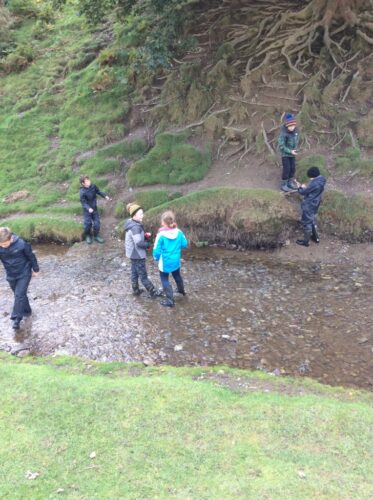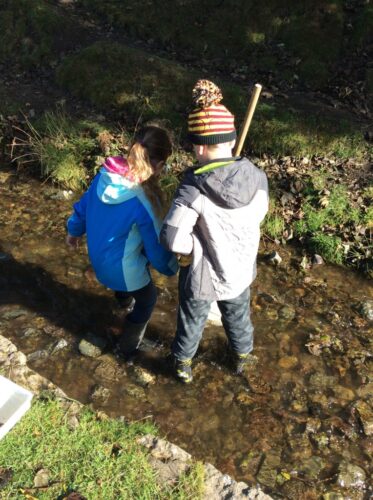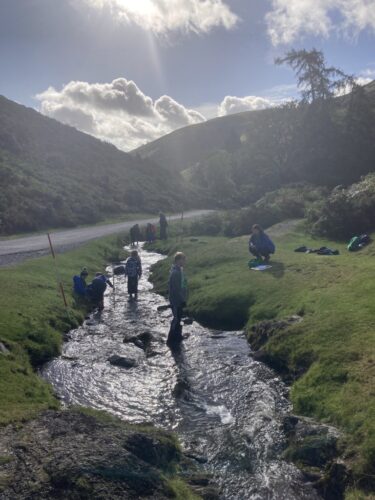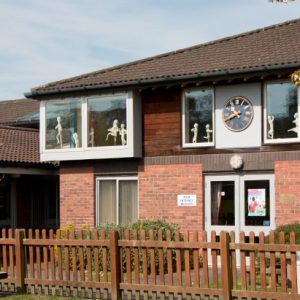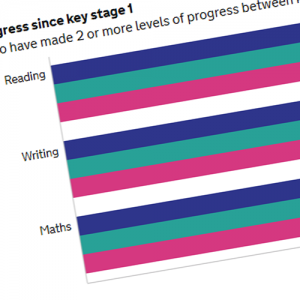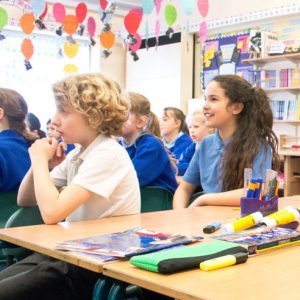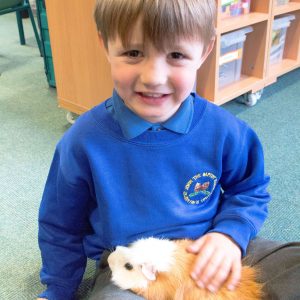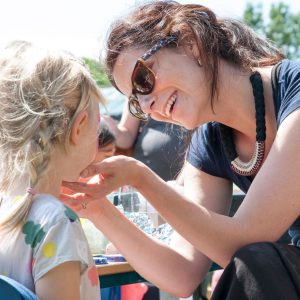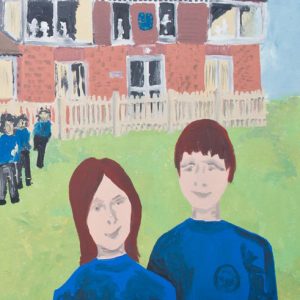At our school, we recognise the importance of our Geography teaching in helping our pupils to understand the physical and human processes that have shaped our world, the people that live here and the relationship we have with it whilst supporting our core values of love, hope and respect. Through this, we aim to encourage our pupils to be curious about the world around them, ask questions and seek their own answers through connections with other curriculum areas.
Our rolling programme has been designed to encompass the National Curriculum aims to ensure that all pupils:
- develop contextual knowledge of the location of globally significant places – both terrestrial and marine – including their defining physical and human characteristics and how these provide a geographical context for understanding the actions of processes
- understand the processes that give rise to key physical and human geographical features of the world, how these are interdependent and how they bring about spatial variation and change over time
- are competent in the geographical skills needed to:
- collect, analyse and communicate with a range of data gathered through experiences of fieldwork that deepen their understanding of geographical processes
- interpret a range of sources of geographical information, including maps, diagrams, globes, aerial photographs and Geographical Information Systems (GIS)
- communicate geographical information in a variety of ways, including through maps, numerical and quantitative skills and writing at length.
Geography is taught in the Early Years Foundation Stage (EYFS) through teaching around the ‘Understanding the World’. Children will begin by learning about their own home, our school environment and the local surrounding area to provide a ‘hook’ for subsequent learning as they move into Key Stage 1 and 2.
Our rolling programme aims to support the National Curriculum for Geography focus on developing the following 4 forms of children’s geographical knowledge with a view to supporting them to ‘think like a geographer’ within all aspects of their learning:
- locational knowledge or ‘knowing where’s where’
- place knowledge and understanding
- knowledge of environmental, physical and human geography processes
- geographical skills
These areas may be taught discretely or thematically across the key stages, building upon prior knowledge in order to deepen understanding as well as develop skills in the appropriate order. In planning and teaching, we have a constant goal that the children will know more and do more: the acquisition of skills and knowledge to making links and ‘thinking like a geographer’ at each step of their learning. Inclusion and challenge are important at St Johns and we ensure our lessons are differentiated and all pupils are challenged to achieve their very best, including pupils with SEND.
Geography progression mapping document
Geography is taught on a termly rotation with History and the two subjects may be closely linked through topics. Sessions are usually taught weekly although, sessions may be blocked for more in-depth study where appropriate.
Trips and resources are used to support and extend the children’s understanding of a topic. For example, river studies in Carding Mill Valley to put into practice field studies, expert led sessions at our dedicated Forest School site, use of our village to study local geographical changes and online access to DigiMaps to reinforce mapping skills. Picture News also provides meaningful contexts for geographical discussion through links with events in the wider world.
Owl Class field trip to Carding Mill Valley – river study
